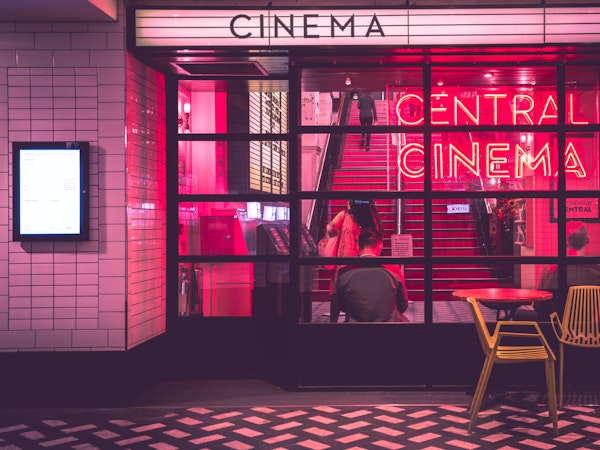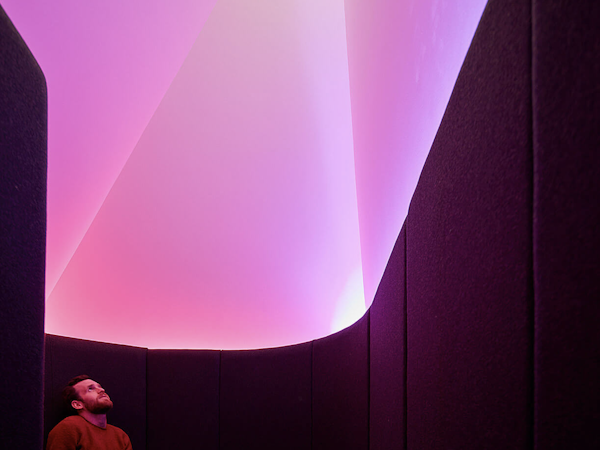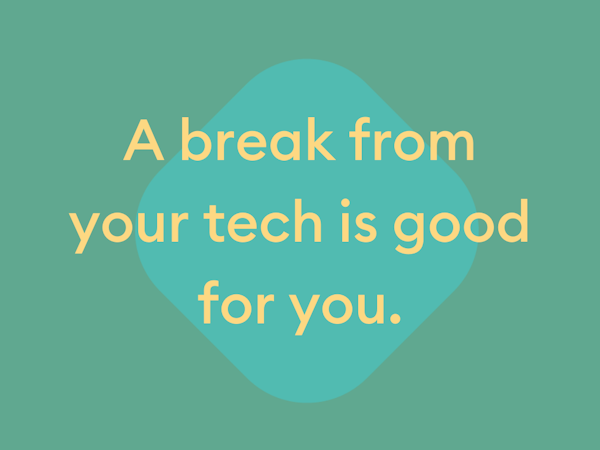How slowing down can help fuel creativity
Dec 10, 2021 by Faye Hackwell
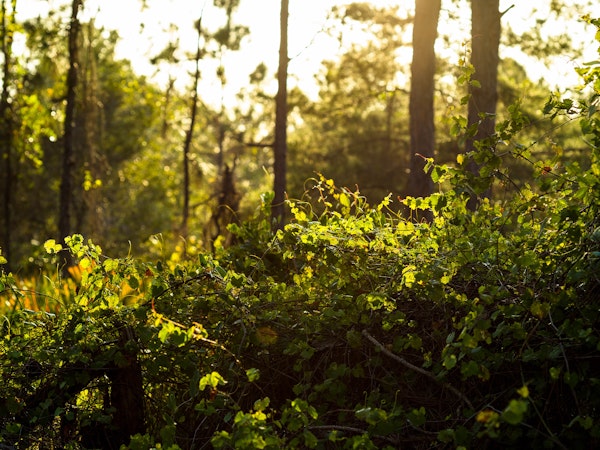
Do you sometimes find your best ideas come to you in the shower or while staring out of the window on your travels?
Often, it’s when we are doing almost nothing that our minds are in their most creative state, with the mind free to wander without restraint.
But how regularly do you factor in time to do nothing?
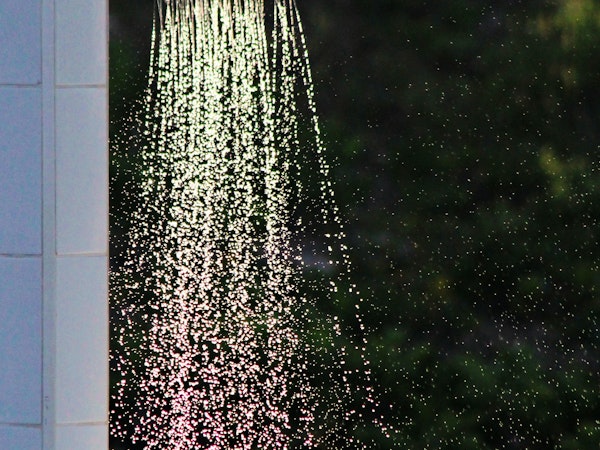
Even in the minute of waiting for a kettle to boil it’s tempting to pick up your phone, rather than seize the moment as an opportunity to pause.
The hectic nature of modern life means our minds are constantly buzzing with the ups and downs of work, socialising and hobbies.
We recognise the need to rest our bodies when we feel physically tired, but do you consider resting your mind when you’re mentally burnt out and lacking imagination?
How can we take a step back, slow down and give ourselves the space to be creative and advance an idea or solve a problem?
Best-selling books have been written on the subject and the worldwide “slow movement” advocates slowing down various parts of our lives, from “slow food” (cooking and eating at a relaxed pace) to “slow parenting” (letting children explore the world at their own pace without scheduling activities).
Slowing down doesn’t have to involve doing nothing. Take a task and experiment with doing it at different paces – for example, inspecting the bubbles on each utensil you wash up or adding a detour onto your walk home to focus on the detail of your surroundings rather than the goal of reaching your front door.
Seek out the waves at the beach or anything green. Even if you live in a built up area, find those patches of green space and spend time getting in touch with nature, using all your senses to take inspiration from the environment.
Engage in a repetitive gardening task that takes little concentration, like weeding or raking leaves. Listen to music with your eyes closed or if you can play, practice an instrument.
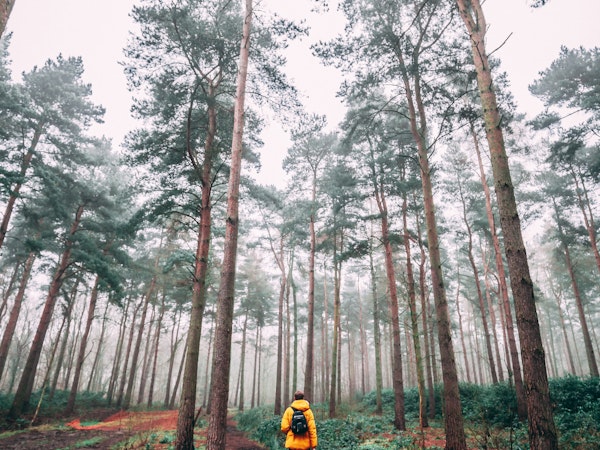
If finding time is an issue, look at where you can slow down different aspects of your existing day.
From switching off the TV to eat your breakfast in silence, staying off devices during your commute or taking your lunch outside alone - there are always parts of the day to factor in a moment to pause.
The Off The Grid app claims we spent almost a third of our waking hours on mobile devices and includes features like locking a user’s phone, telling friends they’re “off the grid” and “whitelisting” contacts who can still get through.
But slowness itself isn’t something you can find on an app or add to your shopping list.
You can schedule yoga and meditation into your day or visit an art gallery, but if your heart and mind aren’t committed to taking it slow, you’ll just go through the motions.

The key to refuelling our creative energy is giving as much priority to these moments of slowing down as we do to other tasks of everyday life.
As Carl Honoré wrote In Praise of Slow, “Slowing down has made me more relaxed, dynamic and creative… I’m living my life now instead of rushing through it.”
Perhaps we could all notice a difference by factoring some different paces into our days.

To provide the best possible experience, our site uses both necessary and optional cookies to store information. By continuing to browse you are accepting our Cookie Policy
